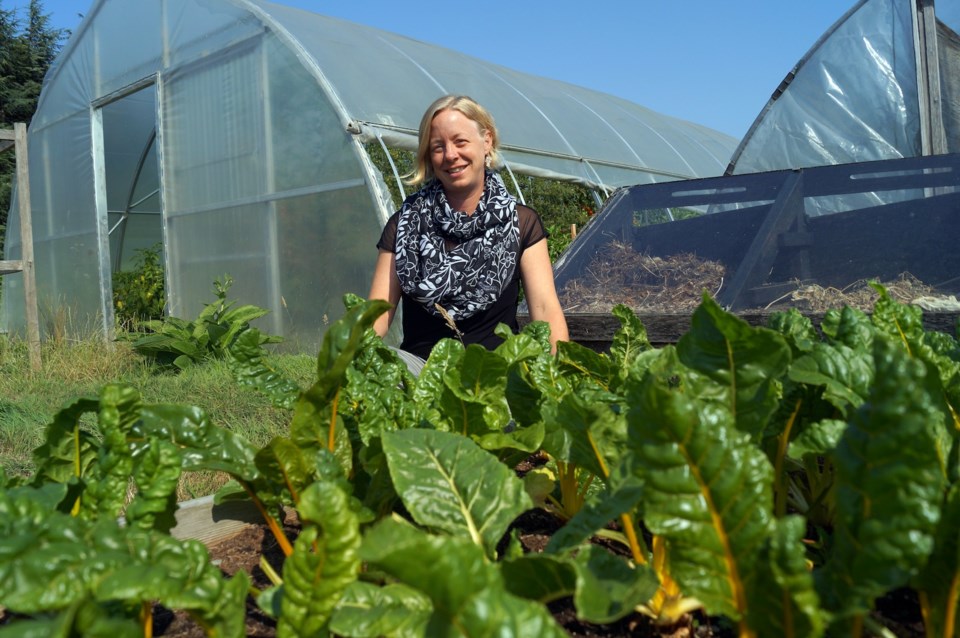Dear Editor,
Re: “City council shows hunger for Richmond Food Charter,” News, July 13
In our household, we happily support our local farmers and prefer domestic food products for their freshness, quality, and, we hope, nutritious value and safety. Our shopping habits reflect this. This preference has led to eating “seasonally”— cajoling the fruit in our fruit bowl to some state of ripeness only to be rewarded with tastelessness has little appeal.
Crop diversification/rotation is a desirable practice for improved soil health, greater variety of crops and should be encouraged. Coun. Harold Steves is on the right track with his recommendation of diversification over monoculture.
And so, I was encouraged when I read about the Richmond Food Charter and appreciate the effort that went into planning and mapping out a guide for future policy, and the fact that the Richmond councilors unanimously endorsed these principles.
But what does that mean?
What does it mean to endorse the charter if that does not commit the city to any specific actions?
Would that be akin to the heritage inventory that includes no formal protection, allowing heritage buildings to be demolished by developers if they so choose?
What does that mean in the context of the mega, mega mansions — or are those motels — that are being built on our agricultural land contributing to land price inflation beyond the reach of most farmers?
Are these estates waiting for rezoning of the ALR? The 2014 changes to zoning by the provincial government opening up ALR land to more development would indicate so.
And why has the City of Richmond allowed the construction of these monstrosities while another municipality put house size restrictions on their farmland?
Endorsing a food charter without commiting any specific actions means it looks good on paper only for the City of Richmond’s reputation as a leader, and its vision to be “the most appealing, livable, and well-managed community in Canada.”
I hope that I am wrong.
N. McDonald
Richmond



